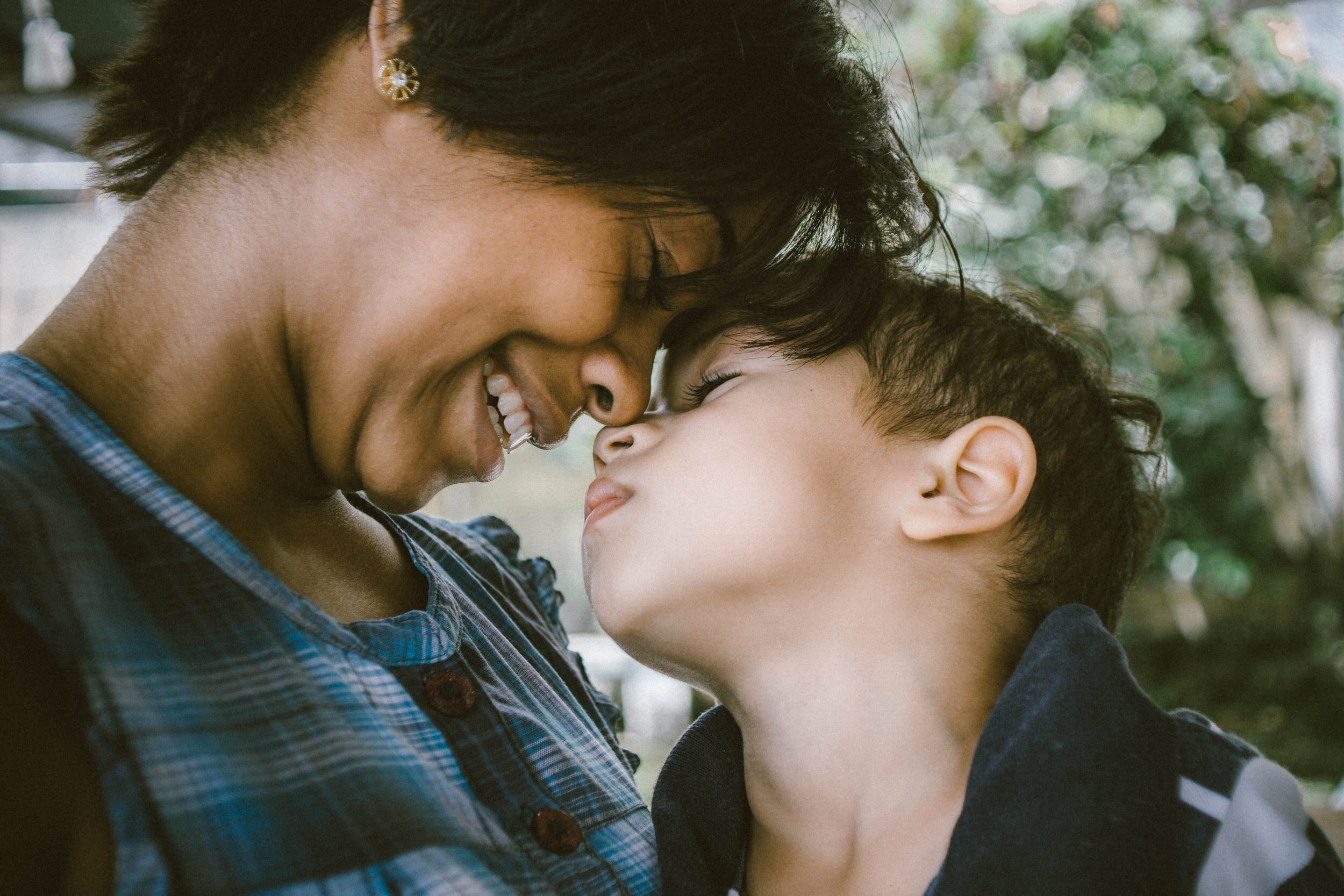
Family Therapy in
New York City
What is family therapy?
Family therapy is a form of treatment that focuses on family dynamics and interactions as a means to help resolve psychological issues amongst family members. Family members are interconnected in ways that influence one another individually and as a system. The main focus is to improve communication and relationship patterns within the family dynamic. The way each family functions either enables or encourages particular interactions within that family. In family therapy, everyone is generally responsible for their own increased awareness of how their behaviors impact the family dynamics.
Depending on your presenting problems and goals for treatment, different techniques and treatment strategies in family therapy can be used to help you reach your treatment goals.
Why is Family Therapy crucial?
The family we are born into and those who are present and raised with us, significantly impact many aspects of our lives. Our family influences everything from our language, customs, beliefs, traditions, and self-esteem to how we view the world, develop relationships and interact in society.
Experiencing healthy relationship dynamics and interactions within your family structure, will make it more likely that you will be able to create and maintain healthier relationships during your own development and adulthood. The reality in today’s society is that many children and families will experience loss, trauma, abuse, sickness, divorce, death and unhealthy patterns of relationships with people who struggle to connect in emotionally healthy ways.
These issues if not addressed properly and in a healthy manner, can manifest in problems down the road. If you are concerned about your child or family, it is important to understand that relationships can be improved and strengthened, especially when addressed early on in the process. Seeking therapy quickly is one of the best ways to increase the chances of having successful treatment. Don’t wait to get help! You’re family will benefit. Don’t get stuck in dissatisfying and unhealthy patterns of behavior with your child. Patterns of behavior and unhealthy responses become ingrained over time, therefore the earlier you seek support to improve your child and family relationships, the more likely your family will thrive over the years.
When is family therapy helpful?
Divorce
Death of parent, sibling or other family member
Newly diagnosed with illness
Sickness of parent or family member
Relocation to new home or neighborhood
Witnessing of a violent crime or traumatic experience
Incarceration of a family member or loss of parental rights
Supervised visitation
Parental or Sibling conflict
Domestic violence
Substance Abuse
Family therapy types
+ Structural Family Therapy:
Within this treatment framework, the focus is on strengthening the family system by ensuring that the main parental figures are in control. In order to do this, it is important to understand that there must be appropriate boundaries in place with children and parents. The therapist often joins in with the family during sessions in order to help strengthen relationships by observing and learning how the family functions and interacts.
+ Systemic:
this treatment model tend to focus on the subconcious motivations and communications that may be behind certain behaviors within the family framework. While the therapist strives to maintain a neutral and non judgmental stance, it encourages members to dig deeper within their own issues as a family.
+ Strategic:
This treatment model is generally brief and directive as it oftentimes assigns homework in order to change the way the family interact and allow the therapist to take a leadership approach. This can be especially effective for those struggling with holding power in the family dynamic.
The details
+ Does everyone have to come to every appointment?
It is not necessary for every family member to be present at every session. Depending on the circumstances, schedule, dynamics and goals for treatment, your and your therapist will determine the format of the sessions. At times your therapist might want to meet individually, have a parent session or work with individuals for a session or more. Since it is a collaborative form of treatment, the format of your session will reflect your wants, needs and circumstances.
+ How long will family therapy last?
Therapy typically lasts between 8-20 sessions depending on the nature and course of treatment. Outcomes in therapy typically reflect motivation of the client as well as the therapeutic match and alliance that occurs between clients and therapists.
+ Can we try family therapy after a divorce?
Yes! Both parents will continue to influence child development. While divorce is truly challenging for families, one of the best things you can offer your child is to model a healthy co-parenting relationship. The support from a therapist, insight and skills learned from therapy can be invaluable to maintaining the sense of stability and health for your family.
+ Can we participate in individual and family therapy services at the same time?
Yes. Participating in both forms of treatment can help accelerate insight and behavioral change. While the sessions may or may not focus on similar issues, having the support and insight of an individual and also family therapist can make collaboration with both therapists provide feedback and enhances treatment options.

“It is now clear to me that the family is a microcosm of the world. To understand the world, we can study the family: issues such as power, intimacy, autonomy, trust, and communication skills are vital parts underlying how we live in the world. To change the world is to change the family".
- Virginia Satir
Get started
Don’t wait any longer, get started with Dr. Hersha today.
